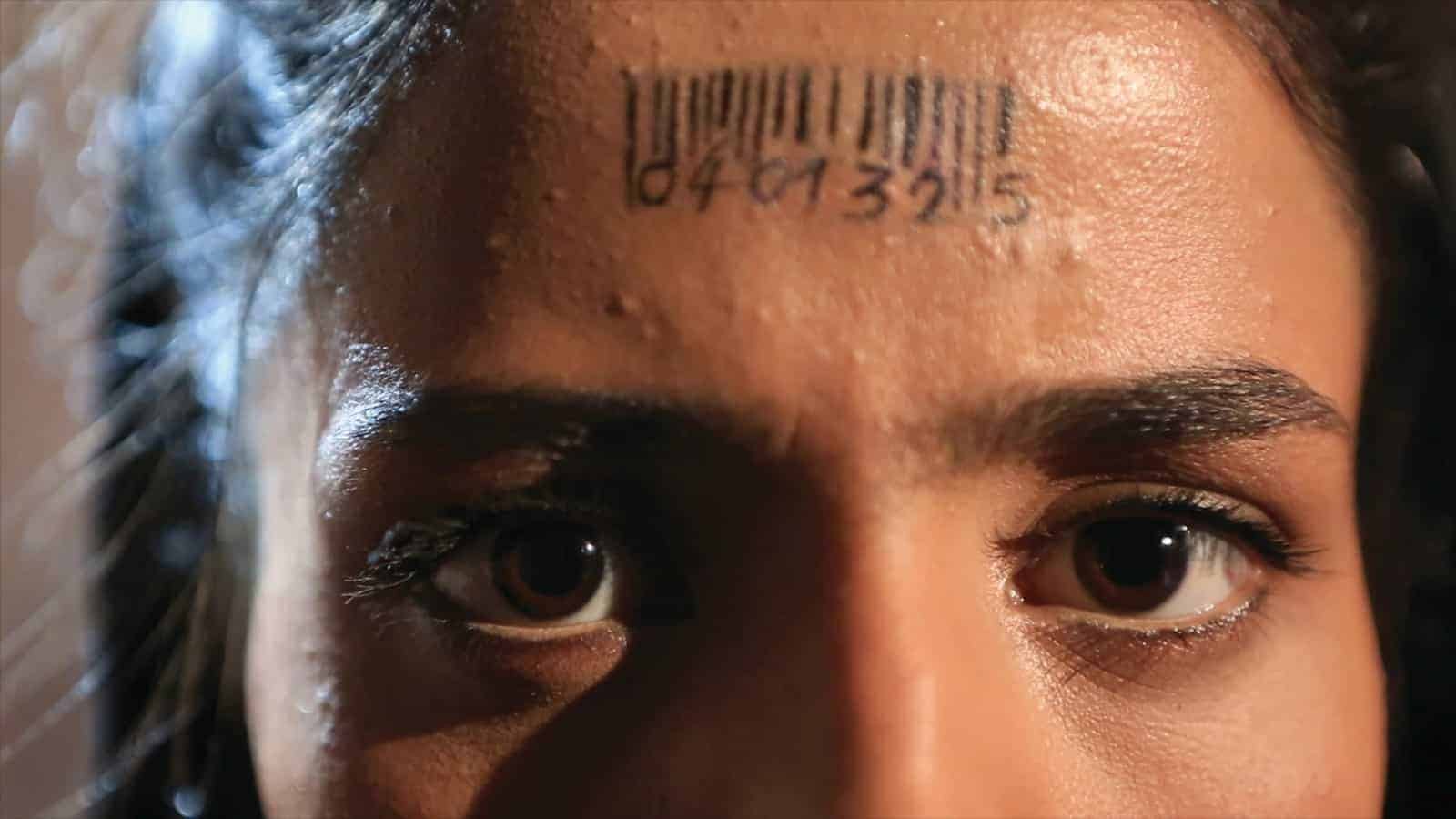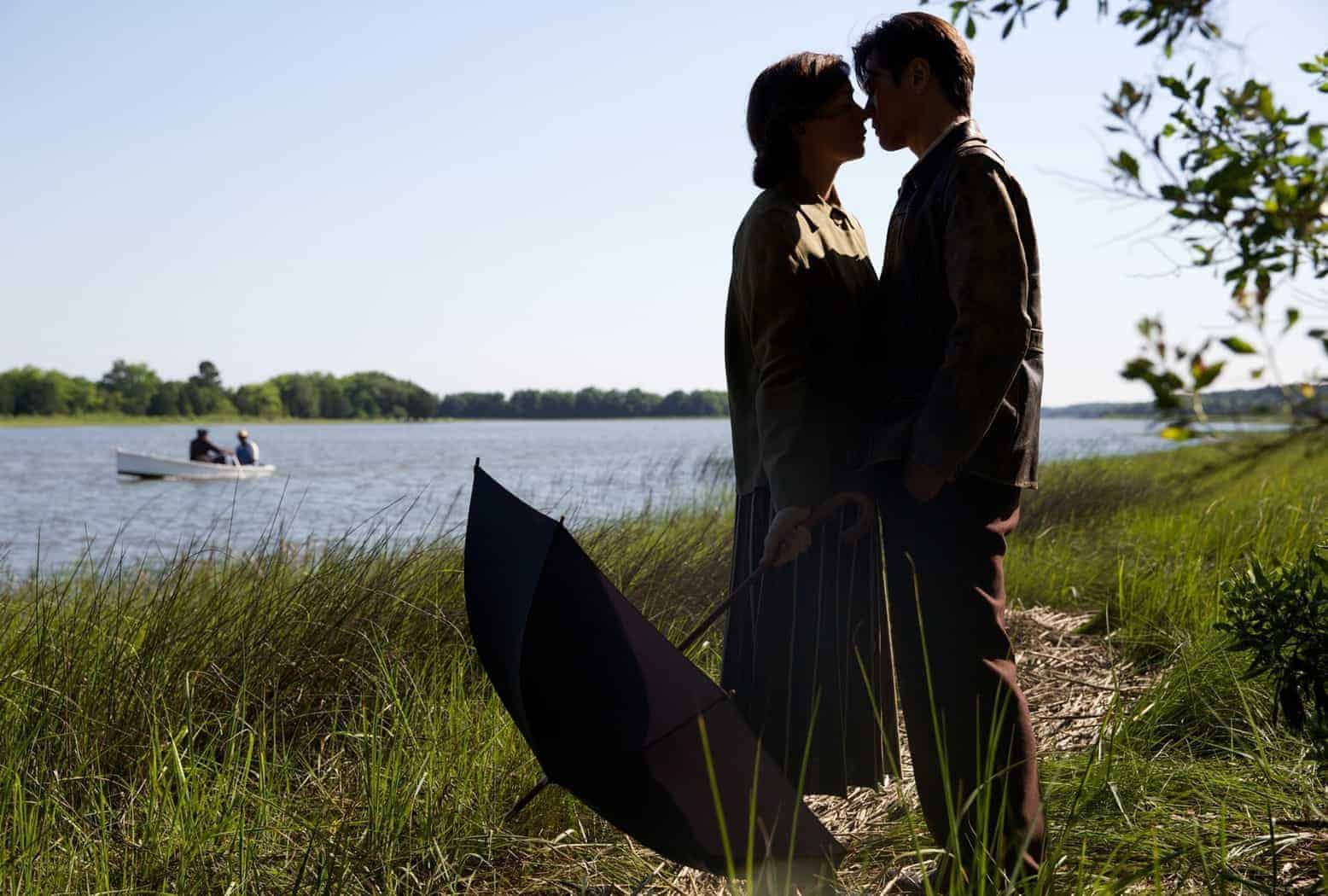German writer-director Nicolette Kribetz’s film Wild is a strange, dream-like journey of sexual and physical liberation. At Sundance, Kribetz and lead actress Lilith Stangenberg discussed the genesis of the story, creating the character, and the ways in which men and women are confined by social norms.
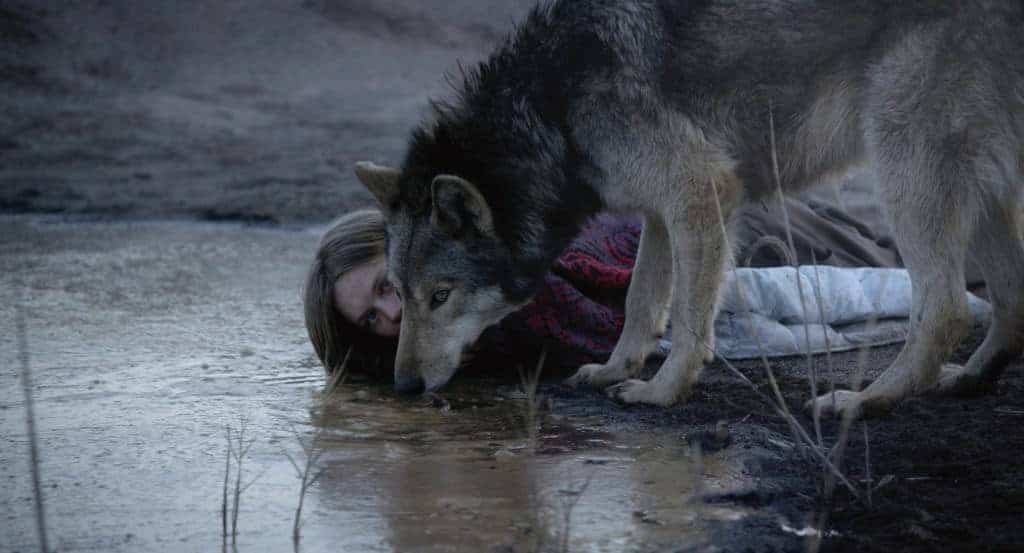
German writer-director Nicolette Kribetz’s film Wild is a strange, dream-like journey of sexual and physical liberation. The film follows Anya (Lilith Stangenberg), a quiet secretary who keeps to herself and mostly lives to serve. When she sees a wolf in the woods of a city park, its wildness seems to transfer to her. She becomes obsessed with the wolf, even taking on some of its characteristics, and begins to throw convention to the wind.
The film premiered in the World Dramatic Competition at this year’s Sundance Film Festival. I sat down with Kribetz and lead actress Lilith Stangenberg to discuss the genesis of the story, creating the character, and the ways in which men and women are confined by social norms.
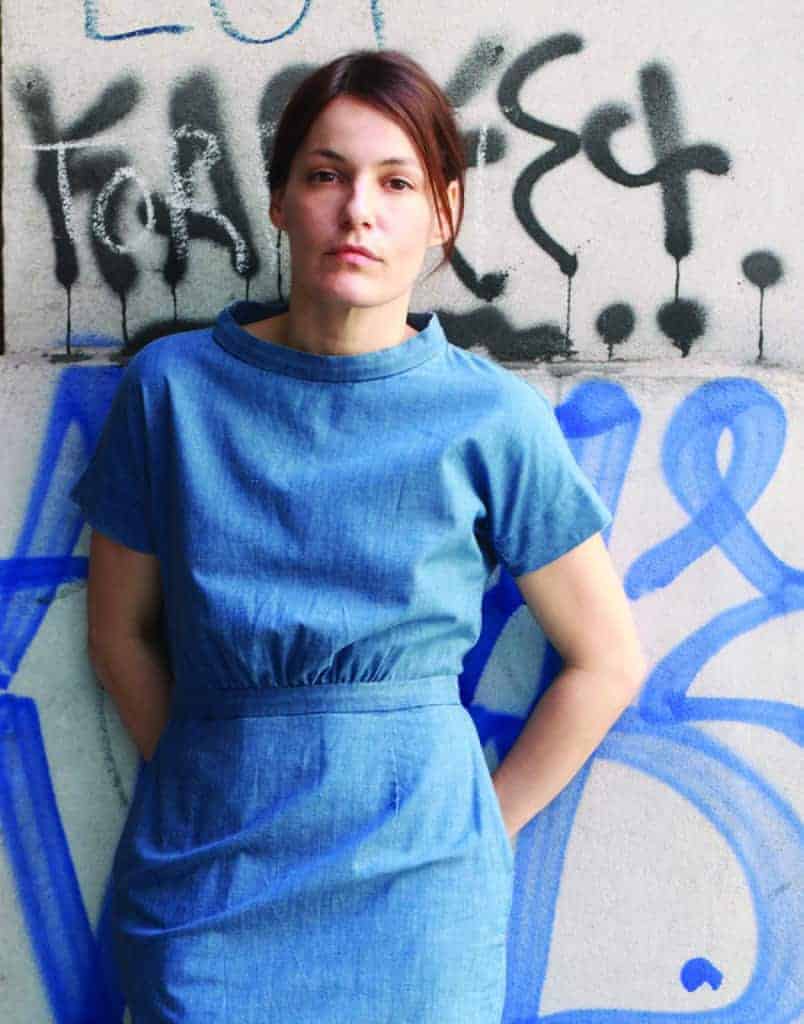
7R: How did you come up with the idea for the movie?
Nicolette Kribetz (NK): I was dreaming that I was running through a forest. I felt that there was something behind me. I turned around, and it was a wolf. We looked at each other, and then I woke up. The next day, I dreamt the same thing again. I wondered, why am I dreaming this? I started finding out more about wolves, what they mean, and what they stand for.
At the same time, news was coming in that wolves were coming back to Germany due to the open borders from the East. They were finding their way back to Germany, where there hadn’t been any wolves since World War II. There’s not much economic activity going on in the east part of Germany. So there’s a fleeing population. Those cities are empty. It’s a bit like a ghost town. Wolves are living on old military bases. They find their homes in what used to be places where people lived, fought, trained. It’s a strange combination of the wild and what’s left from human [activity].
We either tame wild animals or we make them go away. It’s fascinating when you see a fox in the street. You remember the wildness within yourself. On the other hand, wolves coming back to Germany in those ghost towns, it’s like they’re claiming back their territory.
7R: There’s not a lot of dialogue in the film, but there’s a very clear development. A lot of it is very physical. How did you work together to figure out how that would develop and change?
NK: It was always clear that the development of her character, Anya, has to be someone who finds not only ideologically but also sexually her way to her own self and her own approach. To be open, like take your shirt off and don’t look embarrassed doing it. Look like it’s a normal thing to do. We talked about it a lot. How can you take your shirt off and lay down without looking sexy for the camera. We wanted the physical parts to be liberating and free and provoking, as if she would provoke everything around her to get a reaction and feedback on herself and her own physicality.
Lilith Stangenberg (LS): It’s not too easy for an actress to undress yourself in front of the camera. But for the camera, in this moment, in this state, it doesn’t matter if she’s naked or if she’s dressed. To find this state, to forget the setting and really let go, this was interesting work. The wild part was not too difficult. But the normal part at the beginning, this shy person, because it’s not too easy to play shy believably that the story is not a woman’s fantasy but very believable.
7R: So how did you figure out how to do that?
LS: For me, it was more difficult to be just in the elevator or sit in the bus or to open the door. This was more difficult than to play with the wolf or to run. I became an actress on stage. In this movie, I learned that for the camera, your face is the stage. Everything has to be behind, under your skin.
NK: She was questioning everything in the first couple of days. I was like, “just go to the door and open the door. It’s not a big thing.” She said, “but how?” Those first days was just the walking. How does this person walk when she’s so not free, just fulfilling other people’s wishes or orders — if you are part of society that you didn’t really choose yourself. The more it unfolded, this personality in the movie, the more free it became, she just ran away with it.
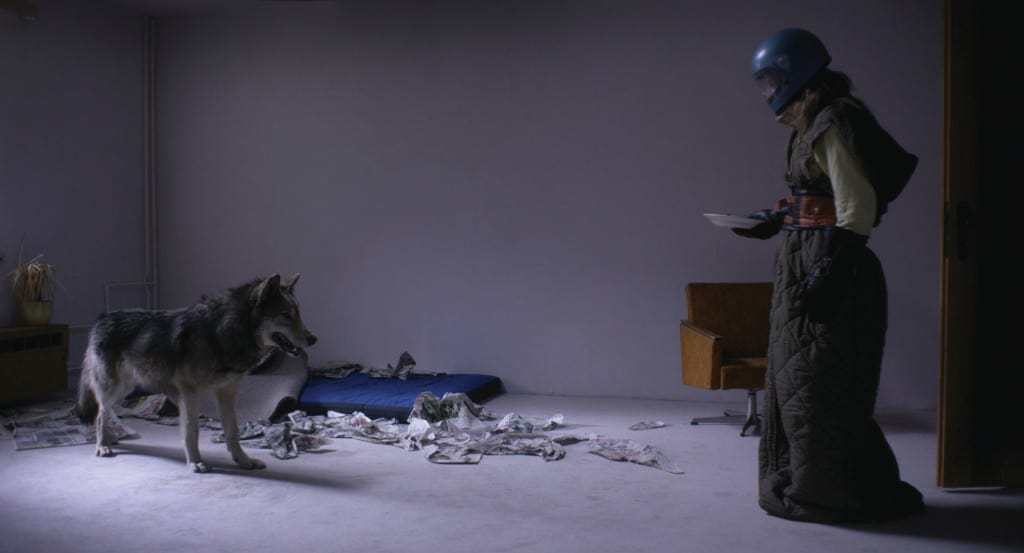
7R: We see a lot of whites and blues in the film. How did this aesthetic come together with the costumes, production design, and working with the cinematographer?
NK: Her character is someone who is there only for others and invisible in her surroundings. In the city, in the East, they have this socialistic architecture. Lilith does a very beautiful woman, very expressive. We looked for what clothes we could put her in so that she disappears into her surroundings. That was a challenge, actually. The costume designer found this light blue jacket, which looks like the city. She became this person that you can really believe people are walking through her on the street. She’s just nobody.
We still used those colours for the apartment. Her room is light blue, and her sister’s room is pinkish and warmer and more female, because her sister didn’t really have the problems she has. She’s okay with the role society offers her, and she’s always been the darling everyone loved.
When the wolf came in, everything became more dirty and furry and physical and warmer, and warm sunlight came in. Her feelings and her transformation can be felt aesthetically.
LS: Once, Nicolette said during the shooting, the little hole in the wall, that’s like your personality. It’s a little hole, and it becomes bigger and bigger as your personality does. After enough, the wall falls down. It’s like the wolf shows you how to break out. And that’s why she has to lock him in and hunt him.
7R: The character of the boss has this predatory nature. How did you think about the character and how to shoot him?
NK: I dramatized his starting point — who he is, what he stands for — to get the most powerful opposition to her. He’s the alpha male, white, heterosexual man. But he has an alcohol problem, and he breaks out once in a while, too. He might not be so happy either.
Men also get a part they have to fulfill before they can call themselves men. It’s very stressful for them. We always forget it, because still women are second in the whole line. But their part is also horrible, because they’re not allowed to have doubts, to be tender. They always have to be strong. They have to hunt the animal, and if you have a doubt while doing it, you will not succeed in capturing your prey. So every doubt and every self-reflection takes away power from you to be the good hunter.
This boss is very dear to me. He’s somehow the wolf that is trapped, in a cage or a zoo. He has to pretend to be the strong animal. So visitors come and say “Look at the wolf, and look at his teeth!” But he’s never able to really be this animal.
LS: Yesterday, I saw the film for the first time on screen in the cinema with an audience. I like my character a lot because in the end, she became someone who puts herself first. She made a decision that she’s through with conventions. In the end, she’s in a state where she’s missing nothing.
NK: She’s independent in the true sense of the word.
